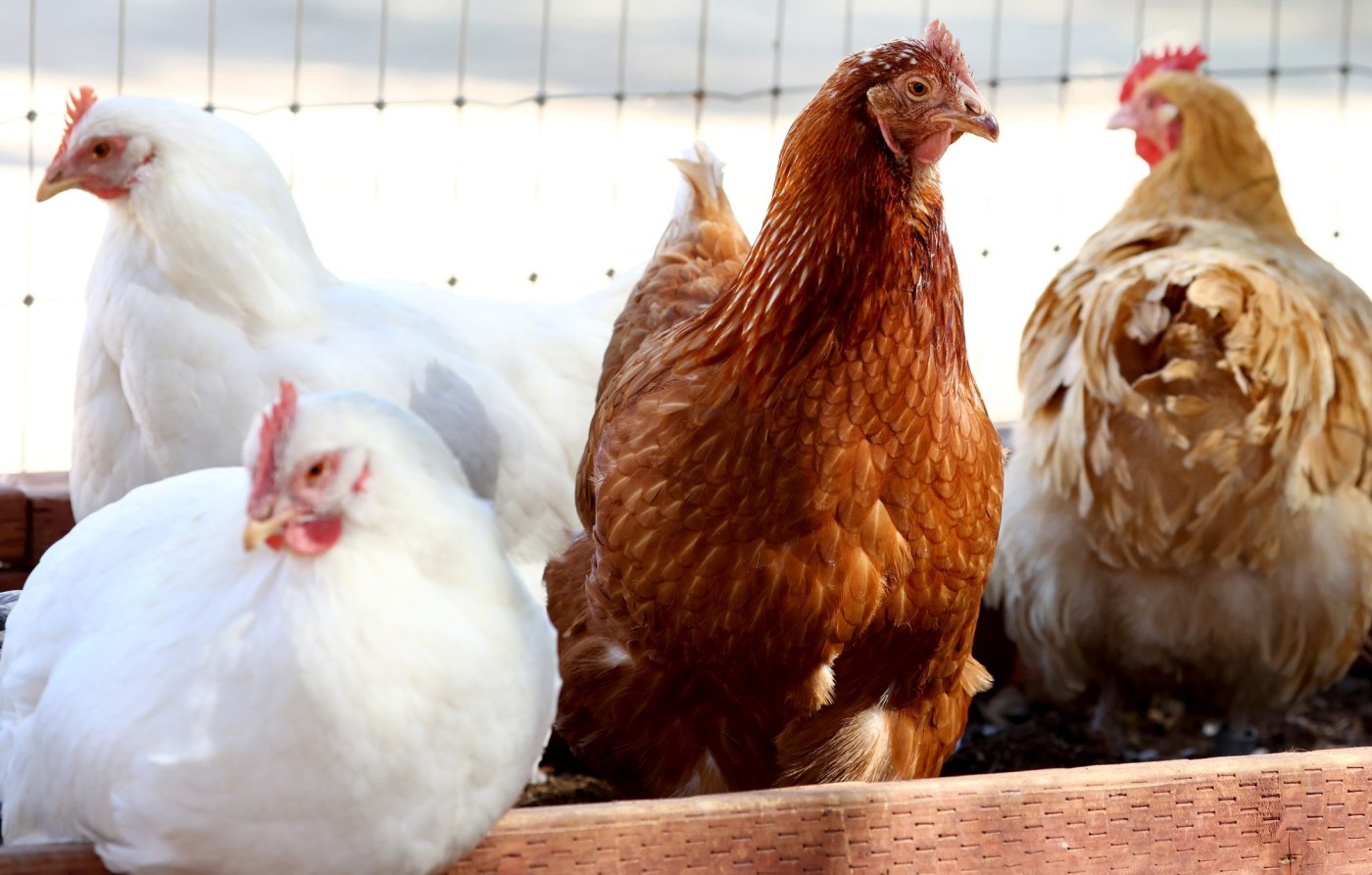
First H5N1 bird flu case confirmed in San Mateo backyard flock
San Mateo County confirmed for the first time the presence of bird flu in a backyard poultry flock in San Mateo this week after the owner contacted the state agriculture department’s Sick Bird Hotline.
The H5N1 incident was one of 49 backyard flock infections documented across the country — including 38 in California — by the U.S. Department of Agriculture. No human infection has been found in association with the flock, but the county’s health department reminded backyard poultry and livestock owners to take precautions such as handwashing to prevent transmission.
The county health department said this is its first reported case of backyard flock H5N1 since the initial outbreak of the highly contagious avian virus began in 2022, prompting Gov. Gavin Newsom to declare a state of emergency.
The Centers for Disease Control and Prevention logged the first severe and thus far only fatal human case of H5N1 in the U.S. in Louisiana last December after the person’s exposure to sick and dead birds in a backyard flock. While there is still no evidence the virus is capable of human-to-human transmission, the death raised concerns about increased chances of the influenza’s mutation into a strain that can spread among people.
The California Department of Public Health has counted 38 human cases – over half of the 67 cases nationwide. The CDC still rates human risk to the public as low.
The county health department’s spokesperson said it is difficult to know how many backyard flocks there are in the county or the state because they do not need to be registered.
Humans can transport and spread the virus to other animals and contract it themselves through indirect and direct contact with sick or dead animals and their saliva, mucous or feces, as well as surfaces with H5N1, such as hands, clothing, shoes, and the feet and fur of rodents and pets such as cats and dogs.
Related Articles
To detect contagious bird flu, can genomic surveillance shift to sewers?
Trump administration’s halt of CDC’s weekly scientific report stalls bird flu studies
First US case of new bird flu strain found on California duck farm
‘Doomsday Clock’ moves closer to midnight amid threats of climate change, nuclear war, pandemics, AI
Pause on communications from federal health agencies sparks concern in the Bay Area
The San Mateo Department of Agriculture/Weights and Measures provides advice on how backyard flock owners can detect signs of avian flu in their birds, as well as sickness in other pets that can carry and transmit the virus.
Agricultural commissioner Koren Widdel said in a statement that simple biosecurity measures such as washing hands before and after handling birds or their eggs and disinfecting footwear after walking in areas in the presence of poultry and birds can reduce the spread of bird flu.
People with sick or dead birds or other animals should alert a veterinarian or call CDFA’s Sick Bird Hotline at (866) 922-BIRD (2473). County residents who encounter injured or sick or dead wild birds or other wildlife locally can call the Peninsula Humane Society at (650) 340-7022.


